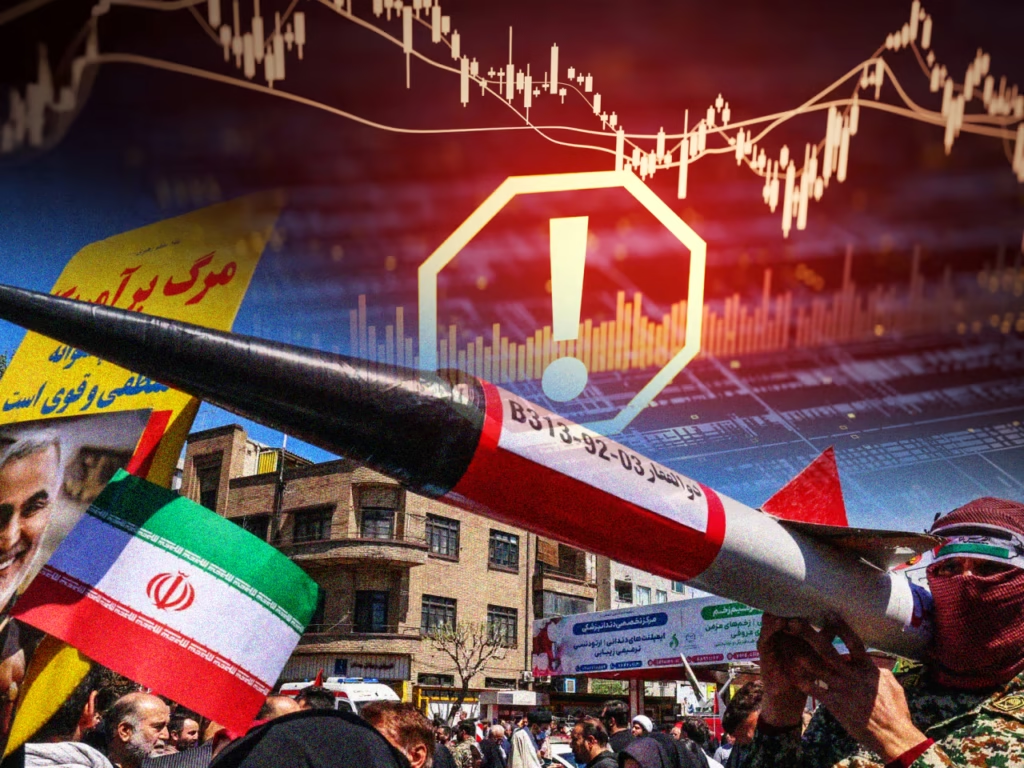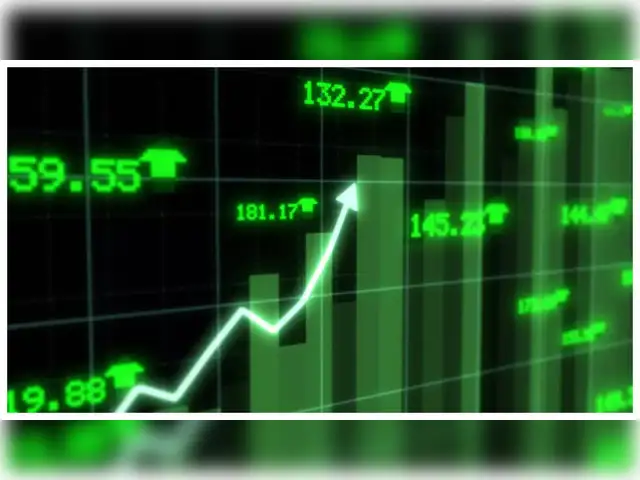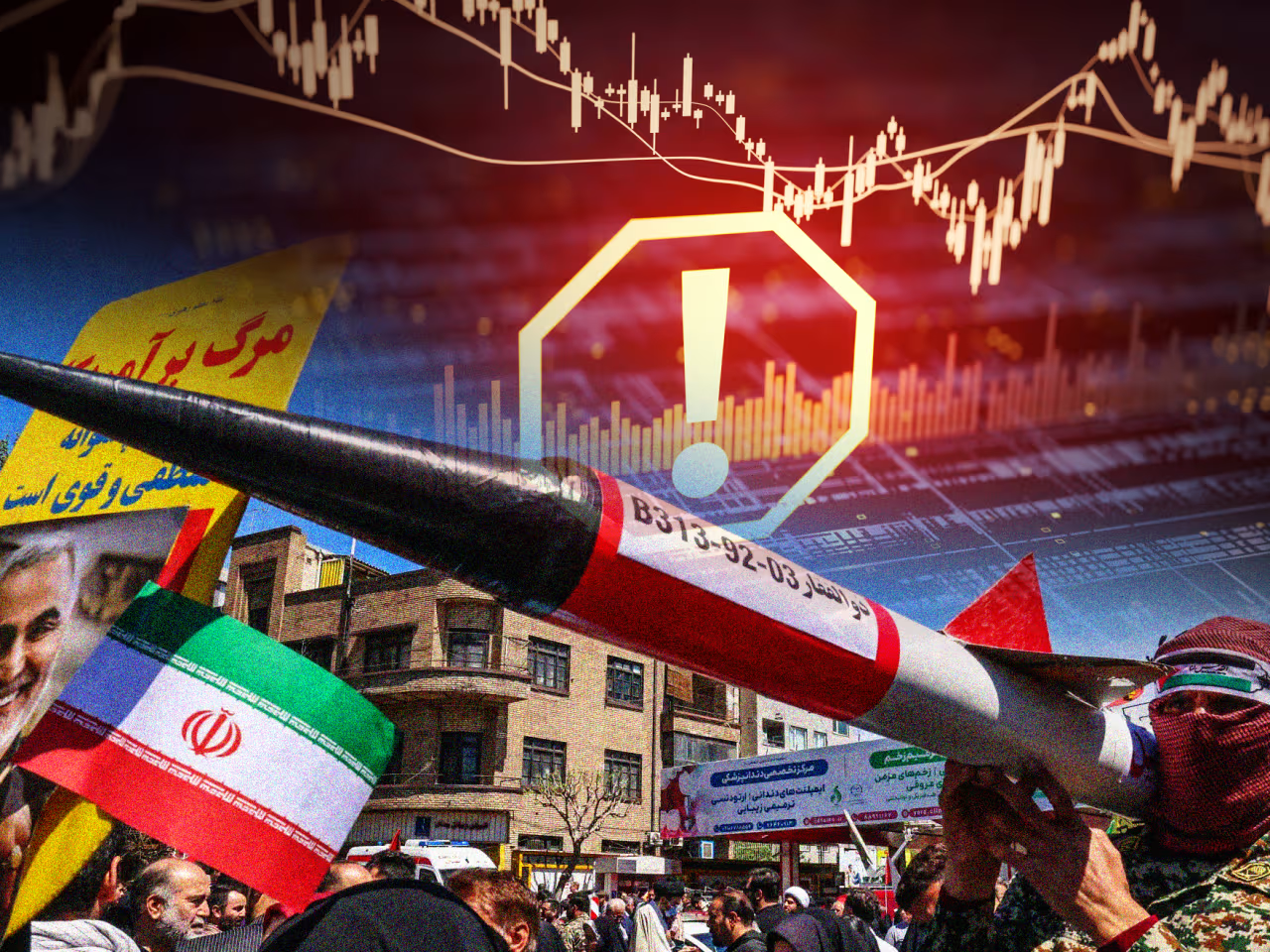
The shock waves from Israel’s attacks on Iran are rippling through financial markets across the world. The attack, which many view as a dramatic escalation of longstanding tensions in the Middle East, has not only raised eyebrows in diplomatic circles but also alarmed traders and investors.
Picture it as a massive thunderclap — when a shock occurs, it resonates far and wide. The markets respond immediately because uncertainty is poison to financial stability. So let’s break it down: Why did this attack happen now, and how is it affecting stocks?
The Historical Background of Israel and Iran Tensions

To appreciate the market’s reaction, we need to zoom back a bit. Iran has long supported groups that Israel considers a direct threat. At the same time, Iran’s nuclear program has raised alarm in Israel and its allies. The attack underscores years of growing tensions — it’s not a one-time event but a manifestation of longstanding hostility.
Recent Israeli Attacks on Iran
This attack wasn’t entirely a shock; it’s a dramatic escalation. There have been numerous reports of clandestine operations, cyber attacks, and airstrikes against Iran’s facilities in the past. However, this time it’s more overt — a direct attack — which signals a potential policy shift in Israel’s approach.
Stock Market Impact Explained

So, why do markets care?
Because wars and attacks bring geopolitical risk, which makes future profits more uncertain. Investor confidence drops, causing selling pressure. That, in turn, results in falling prices — it’s a ripple, not a ripple of water, but a ripple of fear.
Iran’s Market Reaction
The Iranian stock market fell nearly immediately following reports of the attack. Sector-wise, companies tied to Iran’s energy industry were hardest hit. There were reports of a temporary halt in trading to avoid a total collapse — a dramatic, protective move to calm panic selling.
Israel’s Market Reaction
Meanwhile, the Tel Aviv stock exchange dipped in the first few minutes of trading. Defence stocks fell, reflecting nervousness about future operations and the possibility of escalation.
Ripple Effect on Global Markets
The shock didn’t stay within Iran and Israel. The global markets fell — European, USA, and Asia-Pacific exchanges all dipped — reflecting a universal nervous reaction to growing Middle Eastern tensions.
Analysis by Market Analysts
Some analysts say this reaction was “fear over fundamentals”, not a reflection of actual financial weakness. They view it as a buying opportunity once tensions ease. Others warn it could be the start of a more sustained downturn if conflict expands.
Safe Haven Assets Benefit
Meanwhile, gold prices jumped, reflecting its role as a safe haven during crisis. The US dollar and government bond prices also rose — signals that investors were shifting their portfolios toward stability.
Psychology of Fear in Markets
This highlights a key phenomenon — the psychology of markets. Fear and uncertainty often outweigh hard data. An attack sparks worries about future escalation and ripple effects — causing panic-selling and a rush toward safety.
How Conflict Could Develop
Here’s where scenarios come into play:
- Short Conflict: If it’s a brief flare-up, markets may stabilize quickly.
- Protracted Conflict: A sustained campaign could undermine growth and profits, extending market weakness.
- Regional Spillover: If other players — say Saudi Arabia or USA — become involved, markets could spiral further downward.
Impact on Regional Players
Gulf markets fell as well — Saudi Arabia, UAE, and Turkey all saw drops — reflecting their geographical and economic ties to the conflict.
Effects on Global Oil Market
Conflict in the Middle East often brings oil into the picture. The attack raised worries about supply disruptions, causing oil prices to rise nearly 5%. Higher oil prices typically translate into higher inflation, adding another layer of risk for markets.
Business Sectors Affected
Some sectors suffer more than others during upheaval:
- Aerospace and Defence: Often rise due to anticipation of future orders.
- Tech and Energy: May suffer if conflict dampens growth and investment.

